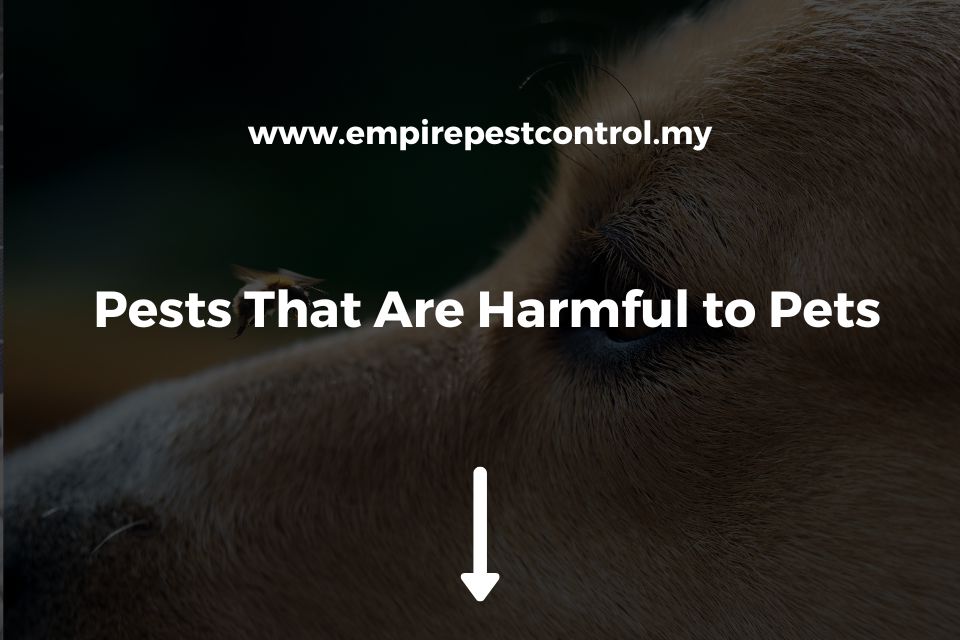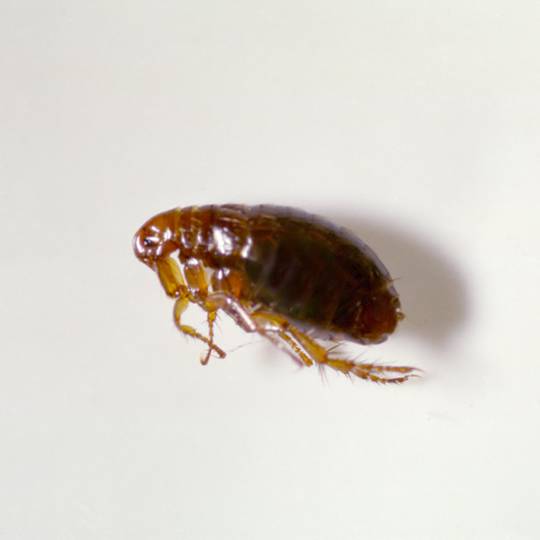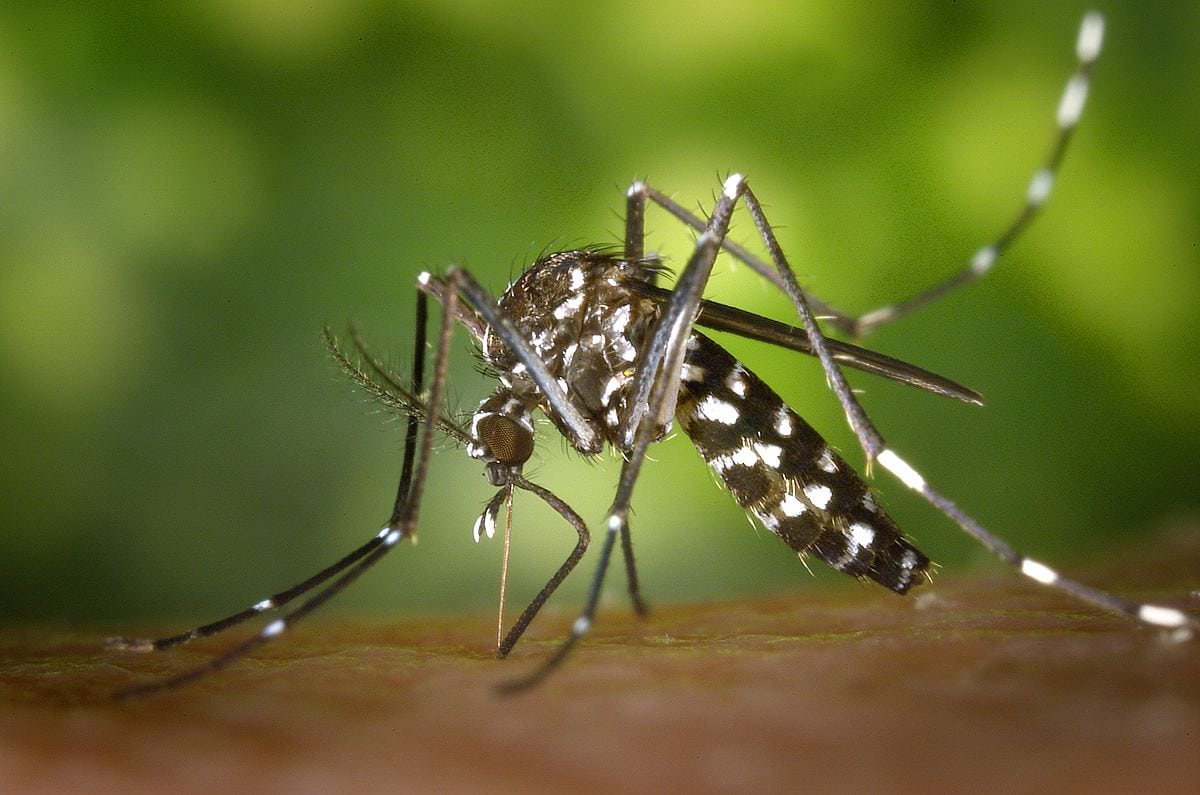Pests pose a significant issue for those who own pets. They’re more than just an annoyance; certain pests can pose real threats to the well-being of pets. Being informed about the pests prevalent in your surroundings and taking measures to shield your pets from them is crucial. Here are five pests known to pose risks to pets.
P.S. Need help to get rid of pests in your home? We are experts in pest control and can help you get rid of any pests that are bothering you. Not only will we get rid of the pests, but we will also make sure that your home is protected from future infestations. Give us a call today!
Fleas
Fleas are one of the most common pests that can harm pets. Fleas are small, brown insects that feed on the blood of animals. They can cause a great deal of discomfort for your pet, as they bite and feed on their blood. Fleas can also transmit diseases to your pet, including tapeworms. As a result, it is important to take steps to prevent fleas from infesting your home and harming your pet. There are a number of ways to do this, including using flea collars and topical treatments. You should also vacuum regularly and wash your pet’s bedding in hot water to help keep fleas under control. However, if your pet does become infested with fleas, it is important to treat them right away to prevent further discomfort and health problems.
Mosquitoes
Mosquitoes are not only a nuisance, but they can also be harmful to pets. These pests can transmit diseases to animals, including heartworm. In addition, mosquitoes can cause allergic reactions in some animals, resulting in itching, swelling, and etc. To protect your pet from these dangers, it is important to take steps to keep mosquitoes away from your home. Eliminating standing water, where mosquitoes lay their eggs, is a critical first step. In addition, using mosquito repellents designed for animals can help to keep these pests at bay.
Spiders
Spiders are one of many pests that can be harmful to your pets. While most spiders are not poisonous, some species can produce a venom that is dangerous to animals. In addition, spiders often build their webs in locations where pets travel, making it easy for them to become entangled.
If a spider bites your pet, it can cause local swelling and pain. In some cases, the venom may cause more serious health problems, such as nausea, vomiting, and difficulty breathing. To protect your pet from spiders, it is important to remove webs from around your home and to keep an eye out for these pests. If you see a spider, it is best to remove it from the area to avoid any potential problems.
Cockroaches
While most people think of cockroaches as nothing more than pests, these little insects can actually be quite harmful to pets. Cockroaches are known to spread a number of diseases, including Salmonella and Typhus. They can also trigger asthma attacks in both humans and animals. In addition, cockroaches are attracted to pet food, which means that they can contaminate your pet’s food supply. If you have a cockroach problem, it’s important to take steps to get rid of them as soon as possible. Otherwise, you may be putting your pet at risk for serious illness.
Ticks
Ticks are small, parasitic insects that can attach themselves to animals and people. These pests are a major concern for pet owners because they can transmit a number of diseases, including Lyme disease, Rocky Mountain spotted fever, and ehrlichiosis. Ticks can also cause anemia in animals by sucking their blood. To protect your pet from ticks, it is important to check them regularly for these pests. In addition, using tick repellents and keeping your pet in a tick-free environment can help to reduce the risk of disease.
Conclusion
As you can see, there are a number of pests that can be harmful to your pets. While some of these pests may not cause serious health problems, others can be quite dangerous. To protect your pet from harm, it is important to take steps to keep them away from your home and to check them regularly for signs of these pests. Now that you know about these dangers, you can take steps to keep your pet safe from harm.



